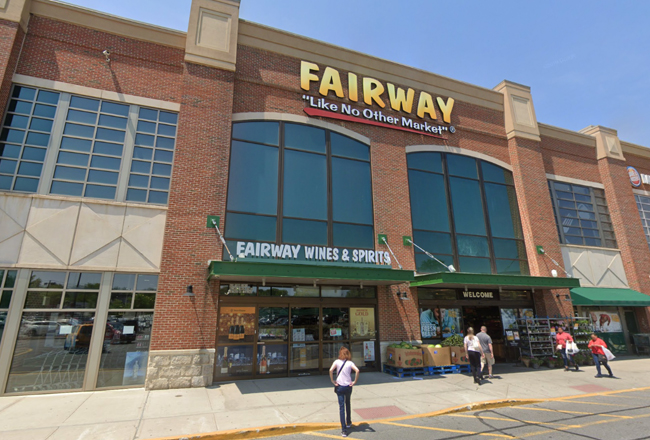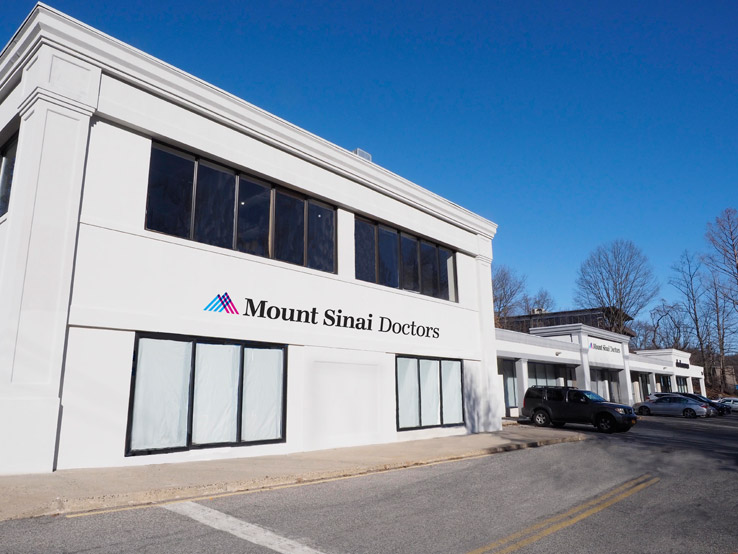The issue of highway tolls in Connecticut dominated the Stamford Chamber of Commerce”™s annual legislative breakfast this morning.
Moderator Harry Carey, director of external affairs at AT&T, teased the issue throughout the hour-long panel discussion at Deloitte”™s Stamford office. The discussion pivoted to why it is an idea whose time has come.
 Calling the state of Connecticut”™s roads “a transportation nightmare,” state Sen. Carlo Leone (D-Stamford, Darien) made the point that, although an original bill that would have required the drivers of all vehicles to pay tolls was “a very good bill,” it did not receive the legislative support needed to pass. Instead, the current 10-year, $19 billion CT2030 plan favored by Gov. Ned Lamont and his fellow Democrats will place tractor-trailer-only tolls at 12 locations in the state.
Calling the state of Connecticut”™s roads “a transportation nightmare,” state Sen. Carlo Leone (D-Stamford, Darien) made the point that, although an original bill that would have required the drivers of all vehicles to pay tolls was “a very good bill,” it did not receive the legislative support needed to pass. Instead, the current 10-year, $19 billion CT2030 plan favored by Gov. Ned Lamont and his fellow Democrats will place tractor-trailer-only tolls at 12 locations in the state.
Leone cited a declining revenue stream from the state gasoline tax, due both to better-performing cars and the trend toward electric vehicles. While that tax has remained at 25 cents per gallon since July 2000, Leone said it would need to be raised by 13 cents “in one shot” to accomplish what the proposed tolls would do: generate an estimated $170 million to $180 million a year for the Special Transportation Fund.
As for complaints from the trucking industry that Connecticut is singling it out, Leone noted that every other state in the Northeast except Vermont has tolls of some kind, and that Rhode Island has instituted a trucks-only tolls initiative.
State Rep. Livvy Floren (R-Stamford, Greenwich) noted that earlier in the week, Rhode Island Gov. Gina Raimondo announced her proposed budget that showed a 66% cut in expected toll revenue spending for the current 2019-20 fiscal year. While the Ocean State expected to spend about $25 million on transportation from toll revenue by June 30, its latest projections show about $8.5 million.
The other panelists, all Democrats, spoke in favor of tolls.
Rep. Dan Fox (D-Stamford) said the current version of CT2030 meets all three of his personal requirements ”“ increasing safety, being financially secure and being economic development-friendly. Rep. Matt Blumenthal (D-Stamford, Darien) said 18-wheelers do an outsized amount of damage to the state”™s roads and out-of-state truckers must pay their fair share.
Rep. Caroline Simmons (D-Stamford) said tolls are “critical to support our economic and business growth” and by funding road and rail improvements, drivers”™ quality of life will improve. Sen. Alex Bergstein (D-Greenwich, New Canaan and Stamford) said it costs the average Connecticut resident $2,700 a year in “wasted time” sitting in traffic or on slow-moving trains.
Bergstein bemoaned the fact that the original, all-vehicles toll plan never came up for a vote, thus depriving citizens of seeing how their legislators stood on the issue. She also said the estimated $170 million to $180 million in trucks-only revenue “is a small fraction of what is needed” to address the situation.
Asked by Carey to answer “yes or no” on whether trucks-only tolls will be a reality come May 15 ”“ the regular legislative session is scheduled to end on May 6 ”“ Bergstein and Floren both said “no.” Leone, Simmons and Blumenthal said “yes.” Fox said “possibly.”
Other topics included how to engage with entrepreneurs, something that Simmons said is partly addressed by the state”™s Angel Investor Tax Credit Program, under which eligible companies ”“ those that are less than seven years old and have fewer than 25 employees ”“ can be eligible for credits of up to $1 million. She also touted the Entrepreneur Learner”™s Permit program, which provides up to $1,500 in reimbursements for costs that first-time entrepreneurs incur in information technology, biotechnology and green technology industries.
Leone spoke in favor of Lamont”™s and Department of Economic and Community Development Commissioner David Lehman”™s approach to wooing businesses to come to Connecticut ”“ by offering companies incentives as they hit benchmarks after establishing themselves here. That is a change from former Gov. Dannel Malloy”™s approach, which favored putting financial incentives up-front and having to, in Leone’s words, “claw back” money later if the original objectives were not met.
The new approach “is a little more straightforward,” Leone said. “I think it”™s moving along in the right direction.”
Floren and Bergstein accused Lamont”™s administration of “holding municipalities hostage” by delaying the issuance of bonding money until CT2030 is passed. The municipalities were due to receive $30 million in July for roadwork and another $30 million this month. None of that money has arrived.
Carey concluded the session with a “lightning round” of questions requiring one-word answers. They included:
Will sports betting be legalized by May 15?
Yes: Simmons, Blumenthal, Floren and Leone. Bergstein said it was a “strong possibility” and Fox said it was “likely.”
Will recreational marijuana be legalized by May 15?
No: Simmons, Fox, Floren and Leone. Blumenthal said it was “possible” while Bergstein, saying she was “vehemently opposed” to the idea, said “yes.”
Will a casino in Bridgeport be approved?
No: Bergstein, Blumenthal, Floren and Leone. Fox said it was “unlikely.”
Yes: Simmons.
Will there be tolls on all vehicles?
“In my dreams,” said Bergstein, who ultimately joined the others in saying no.
Who will be the Democratic nominee in the November 2020 presidential election?
Bergstein: Amy Klobuchar.
Simmons: Joe Biden.
Blumenthal: “The next president of the United States.”
Fox: “The winner.”
Floren and Leone: Biden.






















